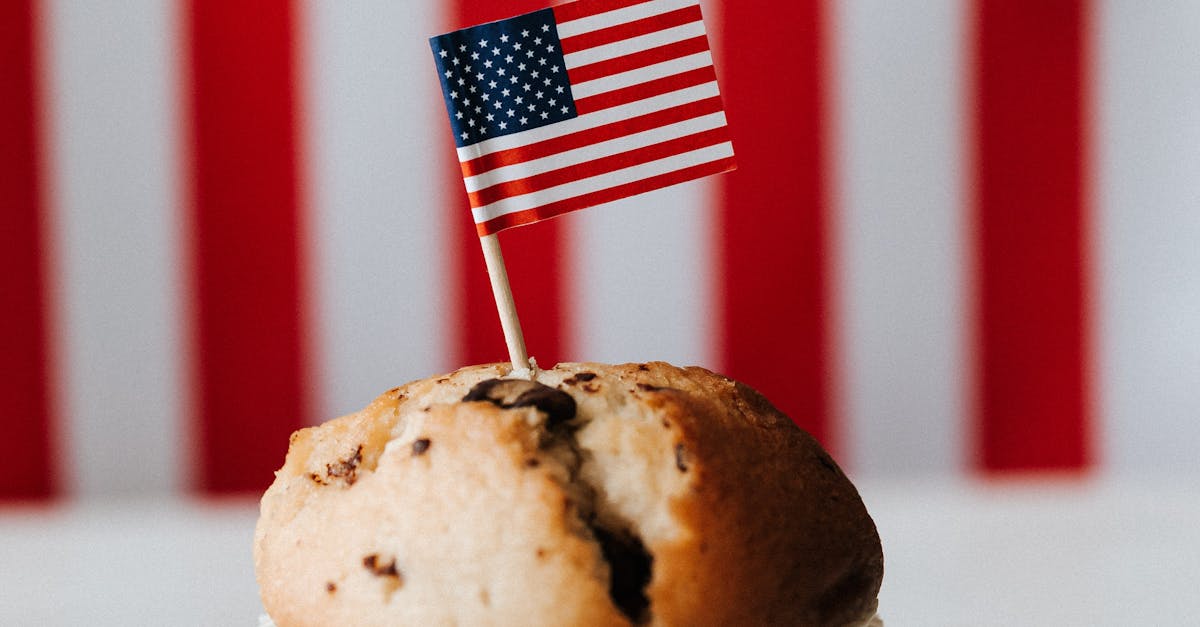Great white sharks, known for their majestic presence and powerful hunting skills, are apex predators that play a crucial role in marine ecosystems. Their diet is diverse and fascinating, encompassing a variety of marine life. In this article, we will explore what great white sharks eat, providing insight into their feeding habits and preferences.
| Food Item | Description |
|---|---|
| Seals | Seals are a primary food source for great white sharks, especially in areas where they are abundant. |
| Fish | Great whites consume various fish species, including smaller sharks and bony fish. |
| Turtles | Sea turtles occasionally fall prey to great white sharks, particularly juvenile ones. |
| Marine Mammals | Other marine mammals, such as dolphins, are also on the menu for these formidable predators. |
| Dead Animals | Great white sharks are known to scavenge on the carcasses of dead animals, including whales. |
| Birds | While not a major food source, great whites will opportunistically eat seabirds when they can. |
| Squid | Occasionally, great white sharks will consume squid, although it is not their primary diet. |
Seals
Seals are perhaps the most iconic food item for great white sharks. These agile marine mammals are often found in large colonies along coastlines, making them an easy target for hungry sharks. Great whites have developed sophisticated hunting techniques to ambush seals, often launching themselves from below to surprise their prey. Their keen sense of hearing and ability to detect movement make them formidable hunters in the water.

Fish
Great white sharks have a varied diet that includes numerous fish species. They are known to prey on smaller sharks, such as dogfish, and various bony fish, including mackerel and tuna. This adaptability in their diet allows them to thrive in different marine environments. Fish provide essential nutrients and energy, enabling great whites to maintain their strength and agility while hunting.

Turtles
Sea turtles, particularly juvenile ones, can also become victims of great white sharks. Although turtles have hard shells that offer some protection, great whites have powerful jaws that can crush through them. Turtles are not a primary food source, but when available, they can be an easy meal for a hungry shark. This aspect of their diet highlights the opportunistic feeding behavior of great white sharks.

Marine Mammals
In addition to seals, great white sharks will prey on other marine mammals, including dolphins. These encounters often occur in areas where both species share the same habitat. The hunting strategies employed by great whites when targeting marine mammals are intricate and demonstrate their intelligence and adaptability as predators. The high-fat content in marine mammals makes them an energy-rich food source, essential for the shark’s survival.

Dead Animals
Great white sharks are scavengers and will often consume the carcasses of dead animals, including whales. This scavenging behavior is vital for the ecosystem, as it helps in the decomposition process and nutrient recycling. When a whale dies and sinks to the ocean floor, great whites can be found feeding on the remains, demonstrating their role as both predators and scavengers in marine ecosystems.

Birds
While seabirds are not a significant part of a great white’s diet, they do occasionally fall prey to these sharks. Great whites are known to breach the surface in pursuit of birds that are diving for fish. This behavior showcases their opportunistic feeding strategy, where they will take advantage of any available food source, even if it is not their primary target.

Squid
Although squid is not a major component of the great white shark’s diet, they will consume it when other food sources are scarce. Squid provides a different texture and nutritional profile, allowing great whites to diversify their intake. This flexibility in diet is crucial for their survival, especially in changing environments where prey availability may fluctuate.

FAQ
What is the primary food source for great white sharks?
Great white sharks primarily feed on seals, which are abundant in many coastal areas. They have developed specialized hunting techniques to catch these agile mammals effectively.
Do great white sharks eat humans?
Great white sharks do not typically eat humans. Most attacks are believed to be cases of mistaken identity, where the shark confuses a swimmer or surfer for its natural prey, such as seals.
How do great white sharks hunt their prey?
Great white sharks use a combination of stealth, speed, and power to hunt their prey. They often ambush seals from below, utilizing their excellent vision and acute sense of hearing to detect movement in the water.
What happens to great white sharks when their primary food sources are scarce?
Great white sharks are opportunistic feeders and will adapt their diet based on the availability of food. They may scavenge on dead animals or target different prey, such as fish or marine mammals, to survive during lean times.
Are great white sharks social animals?
While great white sharks are generally solitary creatures, they can exhibit social behavior, especially in areas with abundant food. They have been observed interacting with one another during feeding frenzies or when hunting together.
For more information on great white sharks and their diets, you can visit trusted sources such as the [National Oceanic and Atmospheric Administration (NOAA)](https://www.noaa.gov) and the [Marine Conservation Society](https://www.mcsuk.org).
